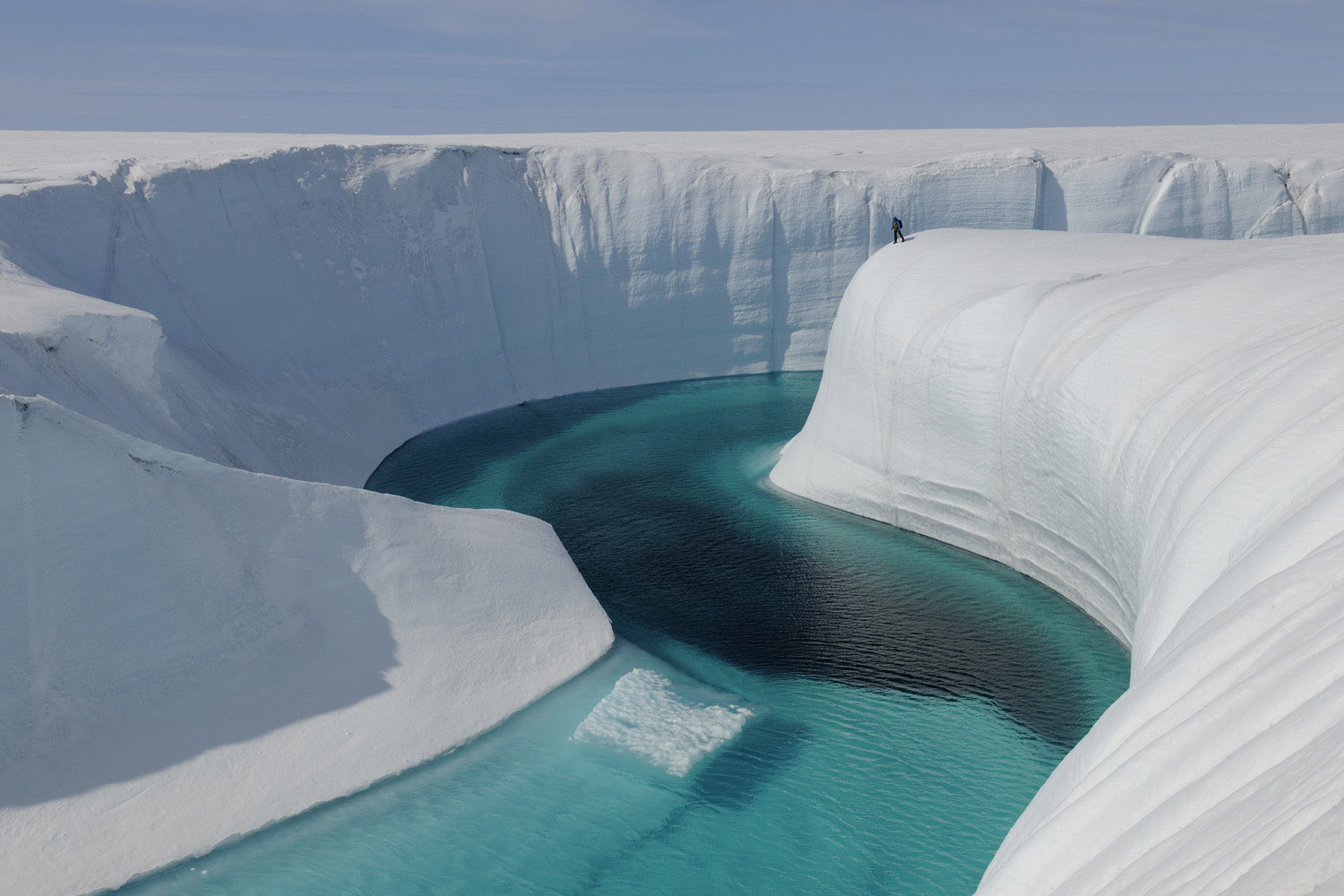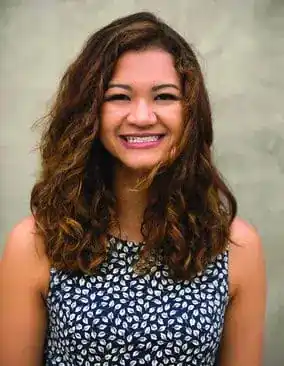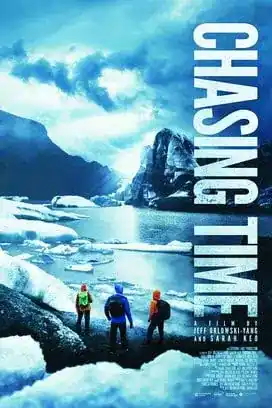
Now in its sixth year, the Boulder Environmental / Nature / Outdoors Film Festival (Boulder ENOFF) has become a summer staple.
Screening July 11-14 at the Dairy Arts Center, Boulder ENOFF rolls out the green carpet for four days of narratives, documentaries, features and shorts, all tackling how we interact — or, in some cases, don’t — with our natural habitats.
Some are uplifting, like Boulder ENOFF’s opening night selection Hard Miles. Others, like Climate Crisis: Drought (July 12), are alarming. Some explore the issues of the present, Fracking the System (July 12), while others excavate a history of destruction: A Buffalo Story (July 13).
Many explore the beauty and wonder of nature, but one doc in particular explores a little bit of everything. Yes, it’s about mortality and a physical loss that can never be replaced, but it manages to end on a high note with the promise that the fight against the climate crisis continues. That film is Boulder ENOFF’s closing night offering: Chasing Time.
“We need everyone to get involved, not just one person,” Sarah Keo, co-director of Chasing Time, told Boulder Weekly ahead of the July 14 screening.
Chasing Time, the 15-years-in-the-making sequel to Chasing Ice, follows famed climate photographer James Balog as he battles cancer while bringing his Extreme Ice Survey to a close.
“This was a huge, emotional, physical, mental burden on James,” Keo says. “And that’s why, at the end of the project, the project isn’t passed on to one other person. It’s to the public. It’s to this idea of citizen science: getting everyone to see what is happening. Hopefully, that will inspire action and mobilize more people to get involved however way they feel is best, whether it’s through art, science or joining a community garden.”

Meet Sarah Keo
Now a resident of Denver, the Cambodian American Keo studied marketing at the University of Washington but fell for film once she started working festivals. One thing led to another, and Keo landed a job as production coordinator on 2020’s The Social Dilemma, directed by Boulder-based filmmaker Jeff Orlowski-Yang.
“Jeff was very kind and made this an opportunity for me to learn what it takes to be a director under his guidance and mentorship,” Keo says. “As co-directors, we really were working together through every stage of the process.”
In addition to The Social Dilemma and Chasing Time, Orlowski-Yang has also directed 2017’s Chasing Coral and 2012’s Chasing Ice, which documents the beginning of Balog’s Extreme Ice Survey. That project comes full circle in Chasing Time, with Orlowski-Yang not just following up on Balog’s project but also the impact Balog’s mentorship has had on Orlowski-Yang’s life.
“My relationship with James Balog as a mentor and a friend totally changed the trajectory of my career, challenged me in unique ways and ultimately helped me hone my worldview as an artist,” Orlowski-Yang wrote in an email to Boulder Weekly. “When it came time to tell the story in Chasing Time, it made perfect sense to pay forward a small portion of the opportunity James had given me. That’s why I chose to share this directing opportunity with a talented young first-time director, Sarah Keo.”
“The state of mentorship ripples through all aspects of Chasing Time,” Keo says. And that includes mentorships in front of the camera between Balog, Orlowski-Yang and Iceland-based photographer Svavar Jónatansson to behind the camera, where the Chasing Time team used several key positions to open doors for others.
“Once the mentorship theme became apparent, it was something we really wanted to focus on and make sure this would be a learning opportunity on multiple levels,” Keo says.

For the future
Chasing Ice was the first chance audiences got to glimpse Balog’s Extreme Ice Survey, which documents melting glaciers in Iceland and around the world. Fifteen years later, Chasing Time closes Balog’s project with mixed emotions of satisfaction and futility. As you can probably guess, the glaciers haven’t come back.
But Chasing Time is no downer. Instead, Orlowski-Yang and Keo find hope by focusing on the idea that mentorship will keep this work moving forward.
“One of the last lines in the film spoken by Jeff is this idea that this work, especially the climate work, isn’t a sprint or a marathon but a relay race,” she says. “And everyone runs their leg or does their part and contributes what they can, and then they pass the baton.
“This work is going to be ongoing,” Keo continues. “It’s not going to be solved overnight.”
ON SCREEN: Boulder Environmental / Nature / Outdoors Film Festival. July 11-14, Dairy Arts Center, 2590 Walnut St., Boulder. Schedule and tickets: boulderenoff.org
